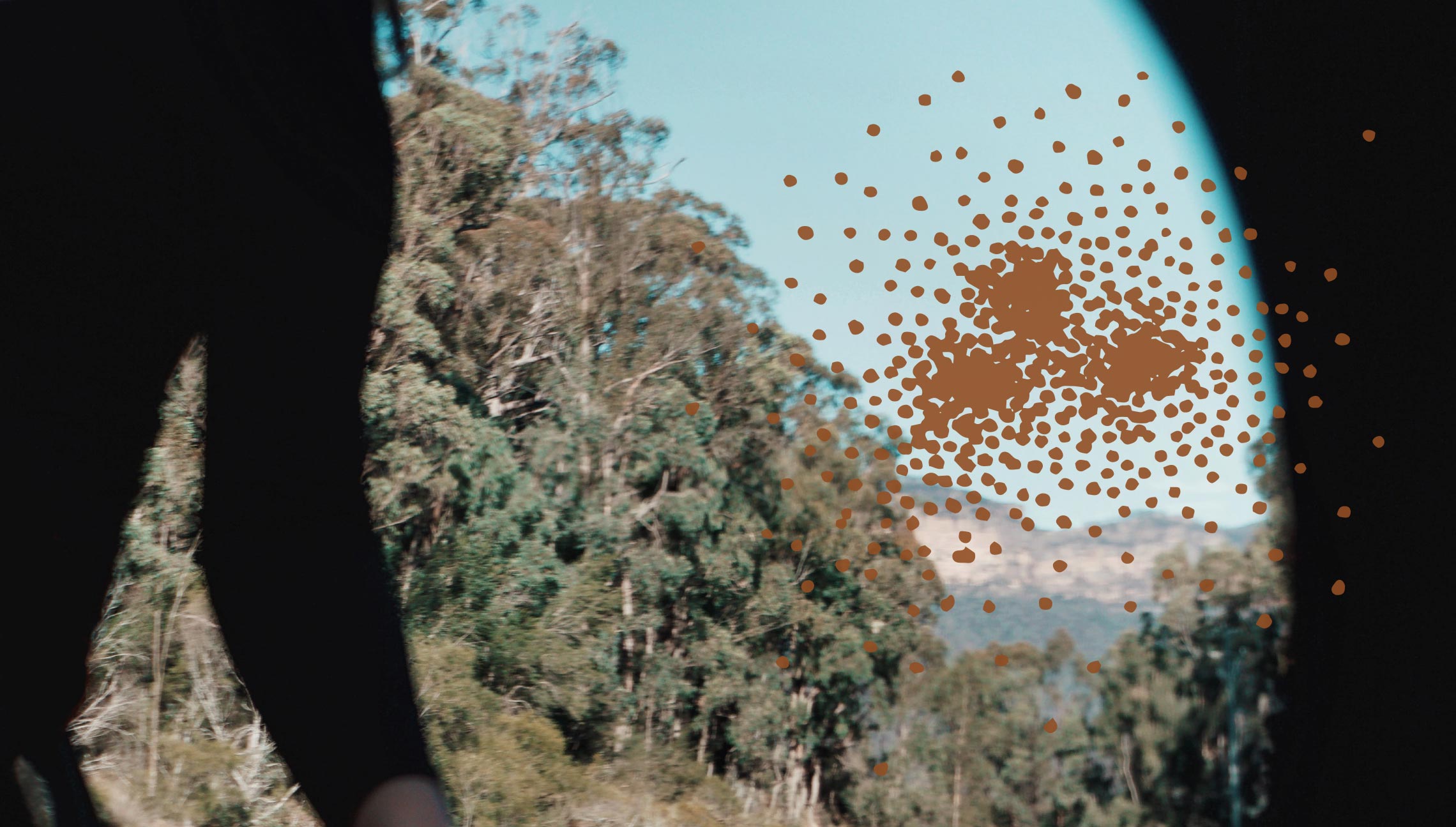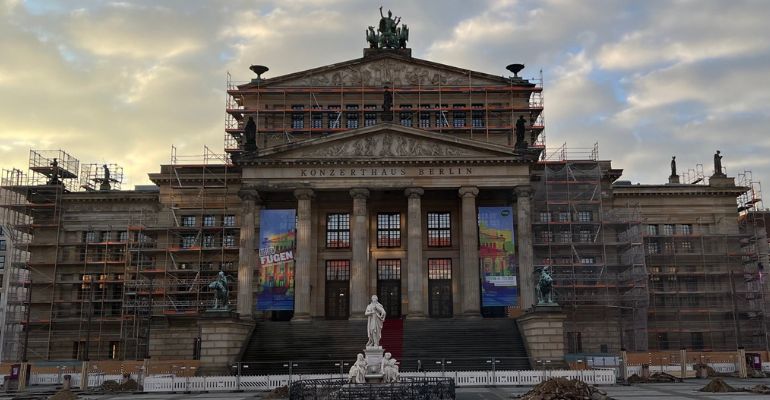Looking at human and machine autonomy is not an issue for the future, it’s something we need to be addressing now. Taking a deep dive into this issue, two students from the Australian National University (ANU) School of Cybernetics, Erika Ly and Kate Tollenaar, presented at the Infrastructure of Autonomy conference. Hosted in Berlin, the three-day academic conference explored the intricate and complex relationships between technology, society and autonomy.
The main objective of the conference was to address the conditions, structures and relations that constitute both human and machine autonomy. The conference began with an inspiring keynote address by philosopher Professor Beate Rössler, University of Amsterdam. She examined the relational aspects to the concept of autonomy, saying “we can never be perfectly autonomous in our lives and the reason for that is that we don’t live in perfectly autonomous societies”. Professor Rössler’s address set the tone for the rest of the conference, with speakers and panellists presenting multiple perspectives from a diverse range of academic disciplines, including sociology, computer science, philosophy, art, and law - like the foundations of cybernetics itself.
Kate and Erika’s presentation, ‘Re-defining value infrastructures for sustainable autonomy: a cybernetic approach’ provided a perspective on how processes of technological design, build, and development could shift from ‘human-centred design’ to ‘environment-centred design’. Drawing from their learnings in the Master of Applied Cybernetics, the presentation emphasised the importance of drawing connections and maintaining dialogues between individuals as they relate to and operate within a broader ecology that goes beyond the group, organisation and nation. Taking a systems-of-systems approach, this was presented as a necessary condition for the creation of a sustainable society.
Over the three days, the conference sessions reflected on the historical and philosophical roots that shape today’s debates on autonomy and automation, human/machine networks of distributed agency and responsibility, and the somatic aspects and cognitive requirements of (human) autonomy. Discussions ranged from definitions of infrastructures, machine autonomy, data, power, and values, to the opportunities and obligations to apply this learning as digital citizens.
“I found the conference to be an enriching and thought-provoking experience,” said Erika. “It expanded my understanding of the fundamental, and unanswered questions, about what it means to be human in this increasingly digital world. It underscored the importance of needing to find spaces for meaningful civic participation in our socio-technical world, which are ultimately built by humans.”
Kate remarked that insights from other academics and scholars expanded our understanding of the complex relationships that permeate our digital and non-digital worlds.
“The conference itself was an act of collective autonomy in being able to challenge ideas and positions from different perspectives,” Kate said.
Learn more about our students and the Master of Applied Cybernetics here.

